
Georgia Sea Grant supports study to enhance understanding Georgia’s jellyfish industry
Georgia Sea Grant funded the development and testing of a turtle excluder device (TED) to help jellyfish trawl fishermen operate more efficiently.
Scroll down to view posts

Georgia Sea Grant funded the development and testing of a turtle excluder device (TED) to help jellyfish trawl fishermen operate more efficiently.
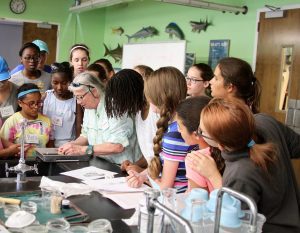
For over 28 years, Georgia Sea Grant has been providing recent college graduates with experience in environmental education through the marine education internship at the Marine Education Center and Aquarium.
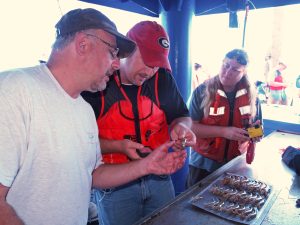
Georgia Sea Grant and the University of Georgia Skidaway Institute of Oceanography entered their fourth year of black gill research with the introduction of a new smartphone app that will allow shrimpers to help scientists collect data on the problem.
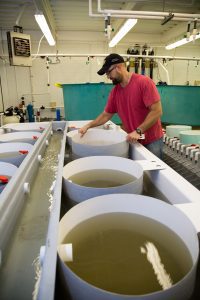
Hatchery promises a comeback for commercial oyster harvests, the once thriving industry in Georgia.
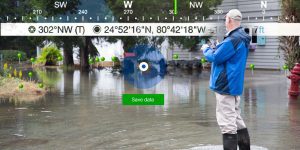
Georgia Sea Grant, in partnership with organizations along the east coast, is piloting a sea level rise smartphone app to monitor local flooding and contribute to a database that will help cities better prepare for coastal hazards.

With a new Georgia Seafood Directory and research on the local food movement, Georgia Sea Grant is helping the state's fisheries tap into larger inland markets.

Georgia Sea Grant has partnered with the Carl Vinson Institute of Government at the University of Georgia to create the new Georgia Sea Grant Legal Program. This program offers students at University of Georgia School of Law the opportunity to work with legal and policy experts to address challenging environmental questions facing policymakers in coastal Georgia communities.
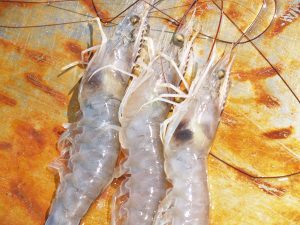
As shrimpers battle against a reemerging parasite, Georgia Sea Grant is providing research and outreach to battle this threat to Georgia’s largest commercial fishery.
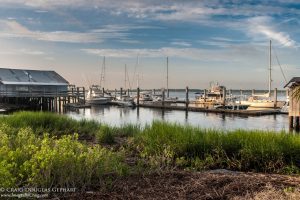
Georgia Sea Grant, University of Georgia, and North Carolina Sea Grant are launching a project to help St. Marys, GA and Hyde County, NC plan for sea level rise, increased coastal flooding and intensified storm surges.
The winning projects of the climate adaptation initiative represent a diverse array of regions and challenges, and highlight to power of communities working together to address far-reaching challenges, partnering with universities and government to ensure the best science available is used to inform public decisions.